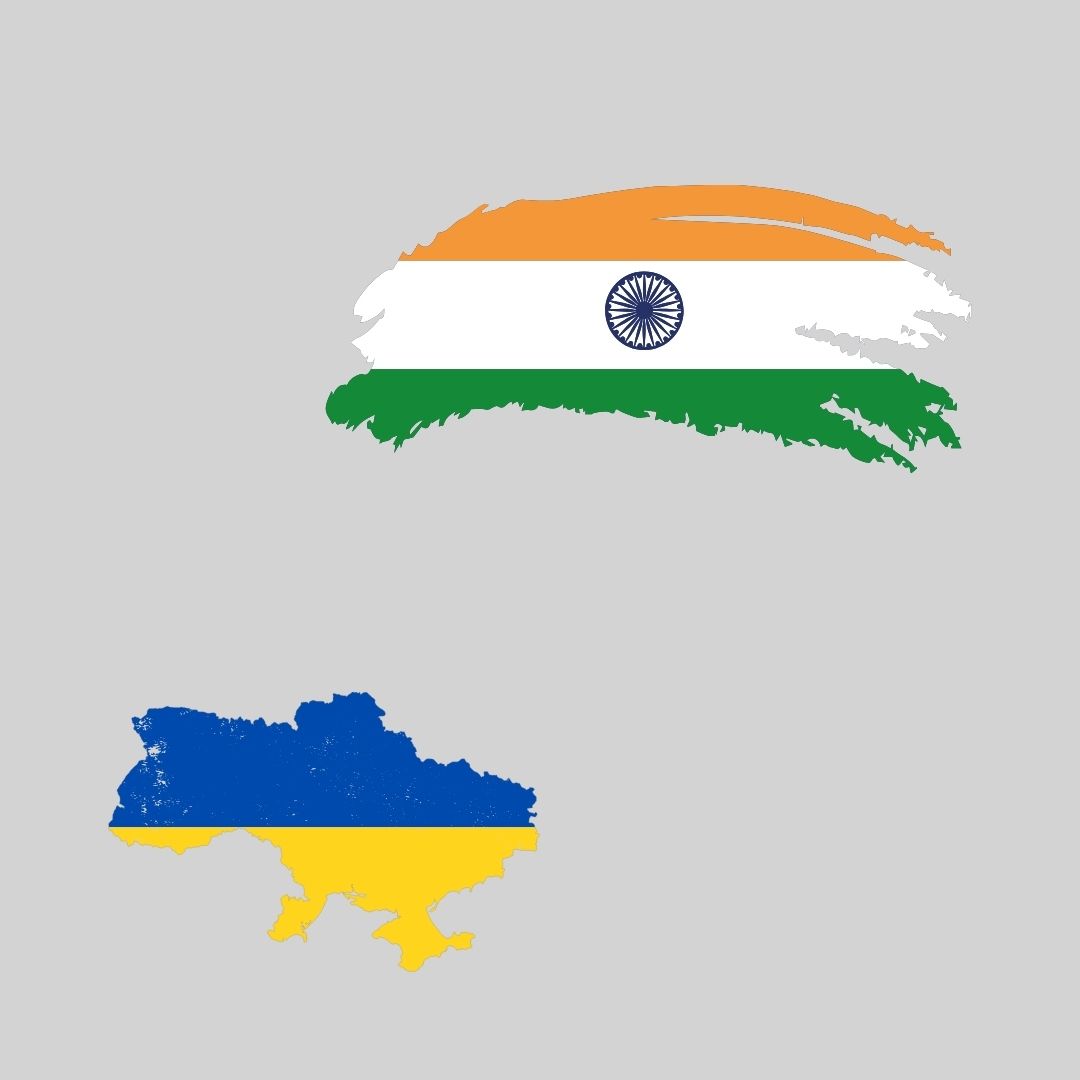India was known for its diplomatic non-alignment on the globe. In history, the books never contained proof of Indian invasion in any part of the world. Post-independence Indian leadership has kept it the same. However, the recent government of India has changed the face of Indian diplomacy. Nowadays India shows its stand on several fronts. India is not in the business of appeasing Western powers, or anyone for that matter. Prime Minister of India, Shri Narendra Modi undertook a visit to Ukraine on 23 August 2024, at the invitation of the President of Ukraine, H.E. Volodymyr Zelenskyy. This was the first-ever visit by an Indian Prime Minister to Ukraine since diplomatic relations were established between the two countries in the year 1992.
This is a visit intended to advance Indian interests by reaffirming friendship with Kyiv and expressing its concerns about the ongoing war. However, the timing of the visit does indicate that Indian diplomats have taken note of the sharp reactions from the US to Mr Modi’s visit to Moscow. But there remains a hidden story too. The prime minister was in Ukraine and on August 22, 2024, the Department of Defence (DoD) and the Ministry of Defence of the Government of India (IN MoD) entered into a bilateral, non-binding Security of Supply Arrangement (SOSA). The SOSA was signed by Dr Vic Ramdass, Principal Deputy Assistant Secretary of Defence for Industrial Base Policy, on behalf of the United States, and Mr. Samir Kumar Sinha, Additional Secretary and Director General (Acquisitions), on behalf of the IN MoD.
Understandably, terms can be negotiated when the timing is appropriate. In recent days, India’s pro-Russia stance has been evident through various diplomatic and strategic moves, highlighting its desire to maintain a balanced relationship with Moscow amidst global tensions. These actions underscore India’s commitment to its long-standing ties with Russia, even as it navigates complex international dynamics. The timing and nature of these moves suggest a carefully calibrated approach, where India seeks to uphold its interests while remaining open to negotiation and dialogue when necessary.
Mr. Modi’s visit, the first by an Indian Prime Minister since Ukraine’s independence in 1991, is significant, and it is being studied for signs of a substantial shift in India’s approach toward the war. During his brief visit, the two leaders addressed the conflict and then visited a monument for children murdered in the war. Unlike previous world leaders who have visited Kyiv since 2022, Mr. Modi did not meet with any war fatalities, injured troops, or civilians.
The two sides inked agreements to cooperate in agriculture, culture, medicinal products, and community development initiatives. The leaders did not, however, talk of progress on other anticipated concerns, including a strategic alliance, or supply of communications and medical infrastructure, as well as building equipment.
Unless that perception of India’s interest changes, it appears that Mr. Modi’s the visit was formal but did not significantly advance the global peace effort. Neither did the substance significantly outweigh the symbolism of the long awaited visit. The greater concern around the visit was whether India will now play a larger role in settling the crisis, which included Kyiv’s proposal for another conference in November. As a leader of the Global South, India has a responsibility to ensure that the consequences of the conflict in Europe and sanctions do not continue to endanger poor and underdeveloped countries.
However, New Delhi has so far shown little interest in doing more than delivering signals when necessary, sending officials to Doha and Bürgenstock when requested to join peace talks, and urging the two sides to communicate directly with one another.






Leave a Reply